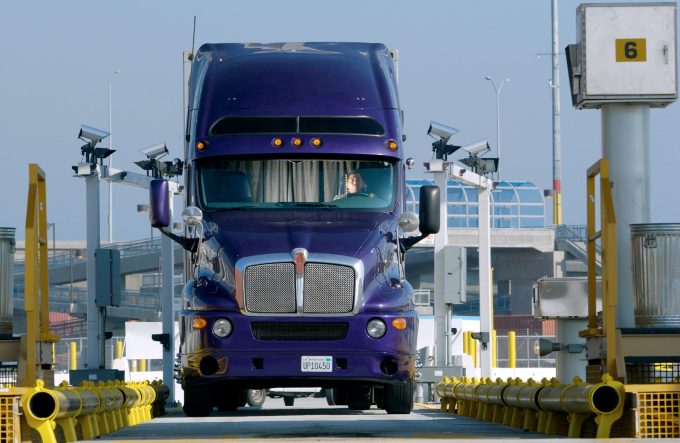Fulfilment specialists pave the road for indirect US e-commerce imports
Despite the low value, the tidal wave of e-commerce parcels from China to the US ...

In his recent diagnosis of the state of the US trucking industry, American Trucking Associations (ATA) chief economist Bob Costello brought up a factor rarely mentioned in the discussion over the plight of truckload operators: loss of traffic to private truck fleets.

Comment on this article